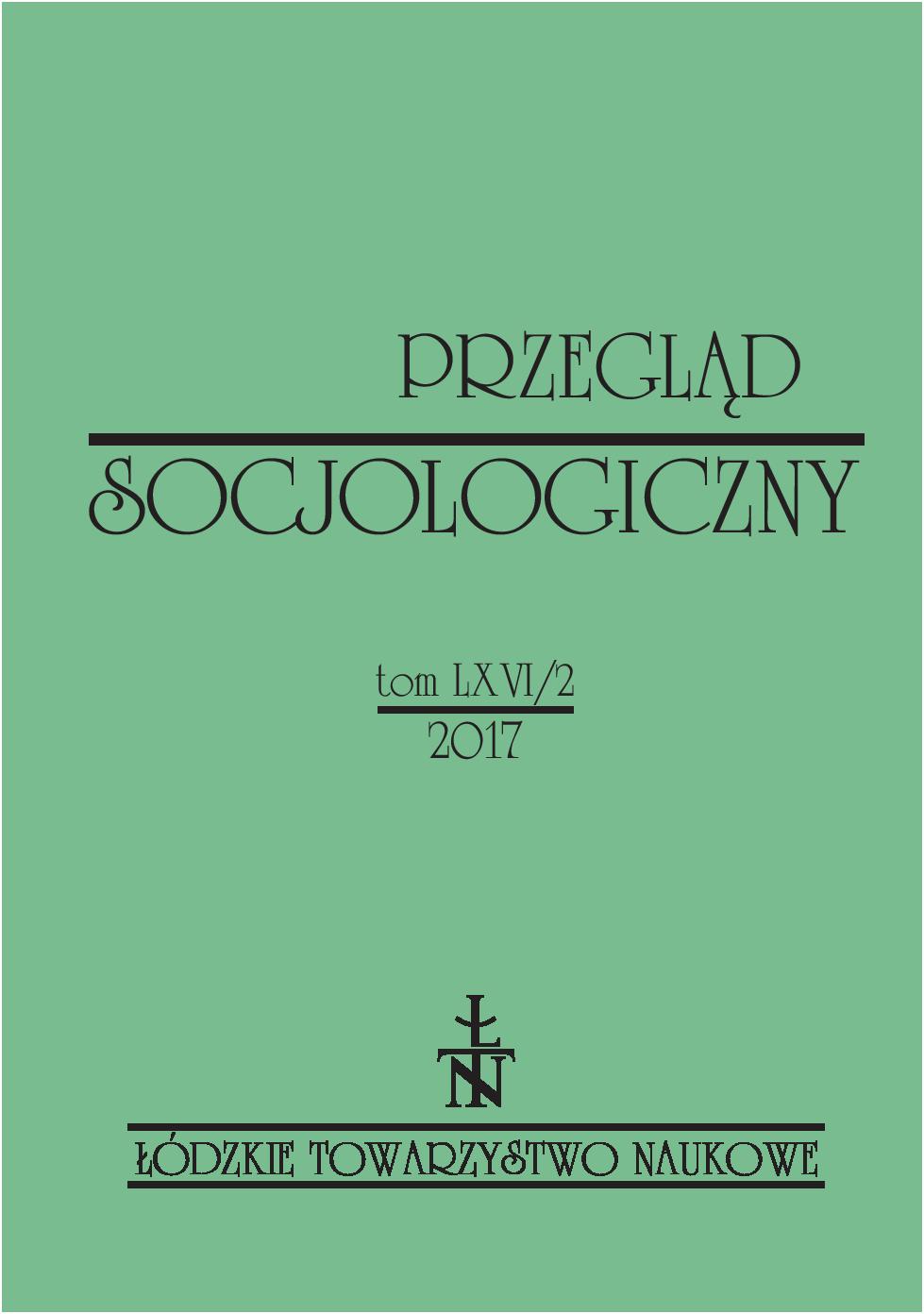Neo-Luddism: Contemporary work and beyond
Neo-luddyzm w perspektywie pracy ludzkiej: dziś i jutro
Author(s): Maciej D. Kryszczuk, Michał WenzelSubject(s): Social development, Social differentiation, Sociology of Culture
Published by: Łódzkie Towarzystwo Naukowe
Keywords: Neo-Luddism; capitalism; division of labour
Summary/Abstract: Neo-Luddism is based on the belief that modern societies cannot transcend the (capitalist) division of labour and official labour institutions. This paper traces the intellectual sources of Neo-Luddism, proposes a typology, and examines its relevance for studying contemporary work. We differentiate four types of Neo-Luddism. Economic Neo-Luddites (1) act on anti-libertarian instincts and advocate re-agrarisation or reindustrialisation to prevent unemployment and degradation of the community. They are apologists of primeval groups such as the family, nation or religious community, and they postulate reconciling work efficiency with non-economic values and collective life. This attitude is linked in the economic sphere to romantic-pastoral Neo-Luddism (2), associated with environmental movements questioning modern mass production, manifested in fashion for ecology, vegetarianism, and naturalist escapism. The romantic variety may or may not have religious connotations. Furthermore, we distinguish (3) spiritual-ideological Neo-Luddism. This trend is characterized by scepticism toward mainstream science and technology and, broadly, to materialist epistemology. A separate strand is the so-called anarchic Neo-Luddism (4), which directly draws inspiration from the sabotage tactics used by original Luddites. It attacks the state, technology and science (the technosphere) with methods borrowed from the ‘enemy’. Its representatives are anarchoprimitivists, cultural saboteurs, cyberpunk culture, hackers, etc.
Journal: Przegląd Socjologiczny
- Issue Year: 66/2017
- Issue No: 4
- Page Range: 45-65
- Page Count: 21
- Language: English

